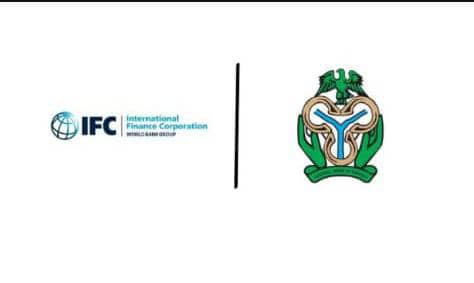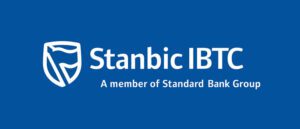


IFC, CBN forge partnership to boost naira financing for Nigeria’s key sectors
The International Finance Corporation (IFC) and the Central Bank of Nigeria (CBN) have announced a partnership and collaboration which aims to increase local currency financing for Nigeria’s priority sectors, addressing a critical gap in funding for key areas such as agriculture, housing, infrastructure, energy, and small and medium enterprises (SMEs).
The agreement will enable the IFC, a member of the World Bank Group, to expand its naira-denominated investments, helping businesses better manage currency risks that typically hinder growth in volatile markets.
This initiative is expected to catalyse over $1 billion in financing for Nigeria’s critical sectors in the coming years, supporting diverse areas including the youth and creative economy, which have shown significant growth potential but remain underfunded.
Governor Yemi Cardoso of the CBN highlighted that the initiative signifies a shift in the bank’s strategy.
“This pioneering initiative between the IFC and CBN will unlock much-needed long-term local currency financing for private businesses in Nigeria at economically viable rates.
“This collaboration marks significant progress in the CBN’s commitment to delivering innovative development initiatives through reputable third-party service providers, moving beyond traditional intervention programs. It will serve as a catalyst for economic growth and advance the Federal Government’s agenda for economic diversification,” he stated.
IFC Managing Director Makhtar Diop echoed these sentiments, emphasising the impact on small businesses.
”Expanding access to affordable local currency financing for small businesses in Nigeria is essential for IFC to address the increasing demand for diverse funding options and to better manage currency risk.
“Our partnership with the Central Bank of Nigeria will enhance lending in Nigerian naira, fostering economic growth and creating jobs across the country,” he explained.
Diop added that expanding naira-based financing will allow the IFC to reach more sectors, stimulate job creation, and foster economic stability.
With an existing investment portfolio of $2.13 billion in Nigeria, IFC’s increased focus on local currency financing reaffirms its commitment to the Nigerian market, making it one of the largest IFC engagements in Africa.



